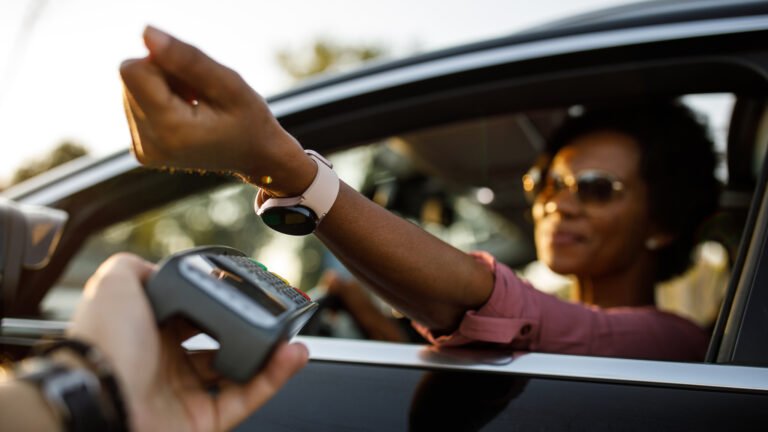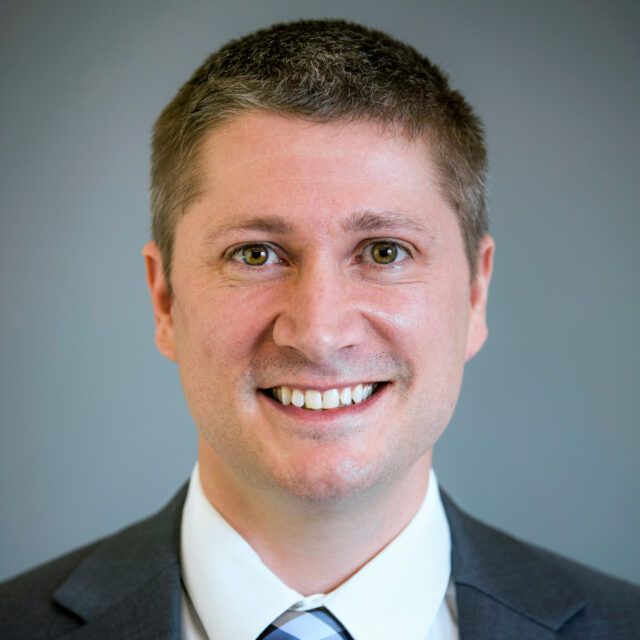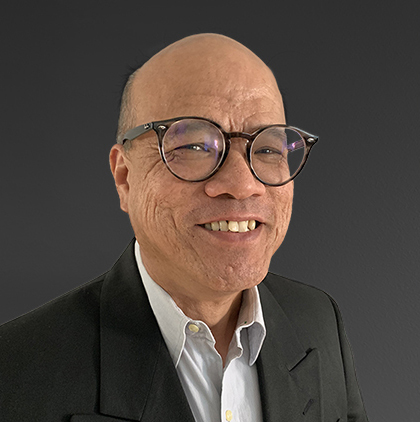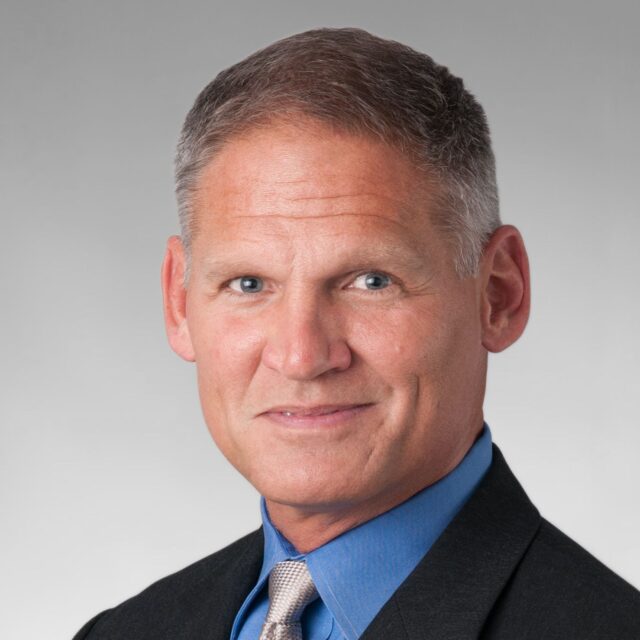In February 2017, Waymo filed a lawsuit in San Francisco federal court against Uber, alleging theft of trade-secrets related to Waymo’s self-driving car technology. The lawsuit, full of twists and turns, was settled earlier this month, with Uber agreeing to pay $245 million in shares to Alphabet (Google), Waymo’s parent company.
Below we’ll take look back on the facts of the case and examine the implications of the settlement, particularly given both companies’ desire to dominate the self-driving market.
The Allegations
Waymo, Google’s spun-off self-driving car project, and Uber, the ride-sharing giant with autonomous car ambitions of its own, were the main parties in the lawsuit. Waymo alleged that Anthony Levandowski, a former Google engineer and expert in the field, downloaded 14,000 files from Google’s system a month before leaving the company in January 2016. Waymo argued that Levandowski used the content from those files to launch Otto, his self-driving truck startup. Uber entered the picture seven months later, when they purchased Otto for a reported $680 million.
Waymo claimed that the files allegedly downloaded by Levandowski contained highly-secretive, proprietary design information. The company became aware of the suspected misconduct when it was copied on an email chain from a supplier that contained design information about Uber’s lidar (short for ‘light detection and ranging’) technology – designs that bore “a striking resemblance” to Waymo’s designs, to the point of patent infringement.
Waymo accused Otto and Uber of stealing their intellectual property in order to “avoid incurring the risk, time, and expense of independently developing their own technology…[netting] Otto employees over half a billion dollars and [allowing] Uber to revive a stalled program” at Waymo’s expense. They also accused other former Google employees of downloading supplier lists, manufacturing details, and technical information before defecting to Otto at Levandowski’s behest.
Key Events
In March of 2017, Waymo asked for an injunction to halt Uber’s self-driving research shortly after filing the initial lawsuit. By the end of April, Levandowski had recused himself from working on Uber’s lidar projects. The move was interpreted by legal experts as a way to eliminate perceptions of impropriety during the ongoing investigation, though they questioned the efficacy of the move.
On May 3, the companies presented their arguments to the court, presided over by Judge William Alsup. Lawyers for Waymo argued that Levandowski had reached a deal with Uber in advance of leaving Google. Waymo alleged that the founding of Otto—and its subsequent acquisition—was a cover for that pre-existing agreement. Arturo Gonzalez, a lawyer for Uber, denied the company had stolen Waymo’s technology, stating that after interviewing “more than 85 Uber employees, and…reviewing more than 300,000 documents, we’ve only found one Google email in the files.” Interestingly, Judge Alsup both denied and granted Waymo’s request for preliminary injunction on May 15, ruling that Uber could continue their self-driving testing, but Levandowski would have to step away from working on Uber’s lidar technology until the lawsuit’s conclusion. Uber also requested the case be taken to private arbitration, a move denied by Judge Alsup on the grounds that it would make it even more difficult to establish a clear timeline of events.
The case was set to go to trial in December of last year before yet another twist—in late November, the US Attorney’s Office forwarded a 37-page letter to Alsup, written by the lawyer to a former Uber intelligence employee named Richard Jacob. The letter, written during an employment dispute with Uber, alleged Uber used its intelligence team to steal trade secrets from competitors, then went to great lengths to hide that information. It went on to detail Uber employees’ penchant for communicating on ‘disappearing messaging’ apps.
Jacobs later admitted he did not read the entire letter before approving it, but Alsup, dismayed that Uber’s legal team had not handed it over earlier, delayed the trial until February 2018 to give Waymo’s lawyers more time to examine the document.
The Trial
During testimony, Waymo sought to portray Levandowski and Travis Kalanick, Uber’s founder and former CEO who testified on the second day of the proceedings, as co-conspirators in a greed-motivated effort to steal their intellectual property. They presented hundreds of text messages exchanged between the two, which emphasized the importance of winning the race to autonomous vehicles. The messages included everything from a clip from the movie Wall Street (Gordan Gekko’s famous “Greed, for the lack of a better word, is good” speech), to high-school football platitudes (“I just see this as a race and we need to win, second place is first looser [sic]”), but held very little in hard evidence to back up the lawsuit’s claims.
Kalanick, whose brash, confrontational leadership style came to define the company during his tenure as CEO, was calm and composed during his testimony, detailing the deterioration of the big/little brother relationship that Uber and Alphabet had shared over what was described as Alphabet CEO Larry Page’s reticence to discuss partnering to develop autonomous vehicle technology.
The Settlement
The $245 million dollar settlement, which represented 0.34 percent of Uber’s $72 billion valuation, was announced after four days of testimony. Previous settlement talks ranged from Waymo demanding $1 billion last year to a $500 million offer earlier in the week of the trial, which Uber CEO Dara Khosrowshahi supported and brought before the company’s board of directors before it was rejected.
The financial element of the ultimate settlement was welcomed by Waymo, but far more important in Waymo’s estimation was a provision ensuring that Waymo’s confidential information will not be appropriated into Uber’s technology – the primary reason for bringing the lawsuit in the first place.
What does this mean for Waymo and Uber?
This lawsuit – which could have crippled Uber’s ability to create a successful self-driving program – is now in the rearview mirror after only a short time. Settling and moving-on is arguably critical to Uber as they continue their image and reputation-rehabilitation efforts under Khosrowshahi. While the company is still under investigation by the United States’ Department of Justice for the alleged trade-secret theft, Khosrowshahi and Kalanick maintained no wrongdoing on their part, and asserted their belief that they would have prevailed had the lawsuit reached its conclusion. The settlement allows Uber to continue work on autonomous vehicles, something they view as essential to their continued success (even if they have fallen well-short of their stated goal to have self-driving vehicles in 20 cities by the end of 2018).
Meanwhile, the resolution increases Alphabet’s stake in Uber, building on their 2013 investment of $258 million – the New York Times’ Daisuke Wakabayashi also points out that it is the first substantial money Waymo has made from the technology in question, while sending a message to former employees that they should proceed with caution when leaving the company, proprietary knowledge in tow. The ups and downs of the case are over, and the race in Silicon Valley to conquer self-driving technology continues.







